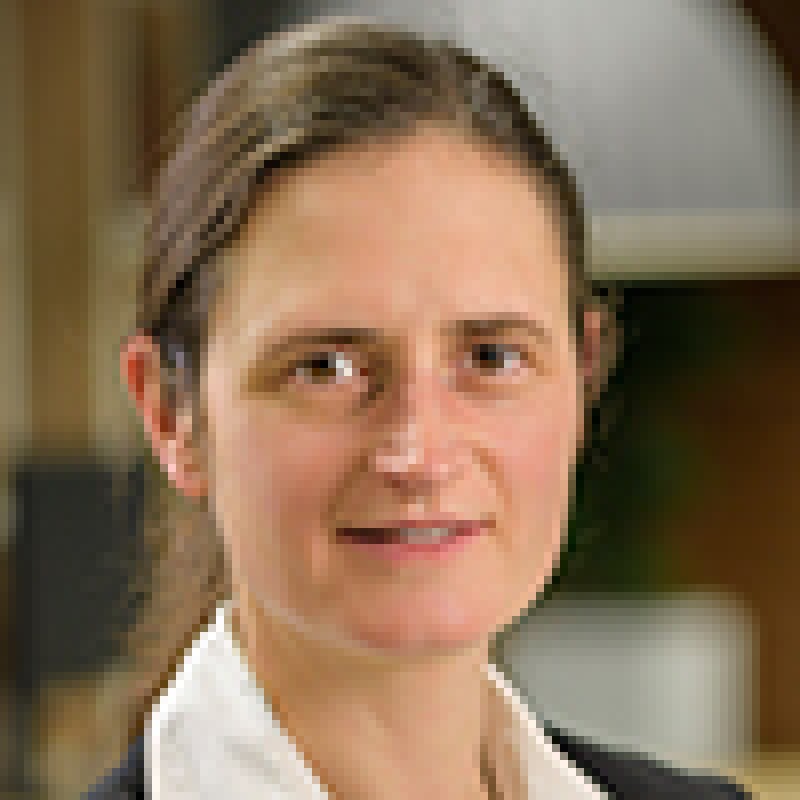In the patent battle between Nikon and ASML in relation to which 11 cases were pending before the District Court of The Hague, the Court recently ruled on case three.
Nikon is holder of European patent EP 2937734B1, granted on December 28 2016. It has 18 claims with independent product claim 1 and independent process claim 15. Both independent claims incorporate feature 1.6: "The reference (MFM) is covered with a light-transmissive material". The reference is provided on the substrate (wafer) that is used for detecting a projection position of the pattern image to be projected on the wafer. The parties agree that the other features in the claim are present in ASML's machine, but dispute the presence of feature 1.6.
To prove infringement Nikon referred to a publication of ASML and Zeiss from 2010 and a patent application of ASML from the same year. These publications, however, do not disclose anything about the actual features in the machines that ASML is currently selling in 2018.
ASML convincingly argued – with a statement from its senior architect – that at least since the grant of the patent, it only manufactures NXT machines in which the reference is not covered with a light-transmitting material. ASML proved with an expert statement that – although previous machines were equipped with such a light-transmitting coating – this resulted in degradation of the coating over time and hence in decreasing precision. To solve this, ASML removed the coating at the reference position in machines made since March 2016 in Veldhoven. From that moment onwards, even when repairing older machines, the sensors – if any – were replaced with sensors without coating. Repair of the machines anyway was not held to be contributory infringement in the Netherlands as Nikon did not show that an essential component was supplied or that the machine was reconstructed. The Court did not grant an injunction for machines covered by the patent sold by ASML before grant.
Nikon also argued that ASML was obliged to use such a light-transmitting layer since removing it causes problems. ASML however argued, again with an expert statement, that these problems occur theoretically, but not in practice.
Nikon further failed to prove the infringement with, for example, product specifications or a more concrete analysis. Nikon's argument that it was not possible to more thoroughly prove infringement because it is too expensive to buy such a machine (the cost is EUR 80 million) and that ASML would not deliver to a competitor, did not hold. Other means of gathering evidence would have been available, such as a descriptive seizure. Nikon's attempt to reverse the burden of proof to ASML was not honoured by the court, either. It was not sufficient to contest the correctness and credibility of ASML's motivation.
The District Court ruled that there was no direct infringement and also, with regard to repair activities, no contributory infringement. Nikon was directed to pay the court costs of ASML, about EUR 600,000.

|
Annemie Jaeken |
VOLeuven










